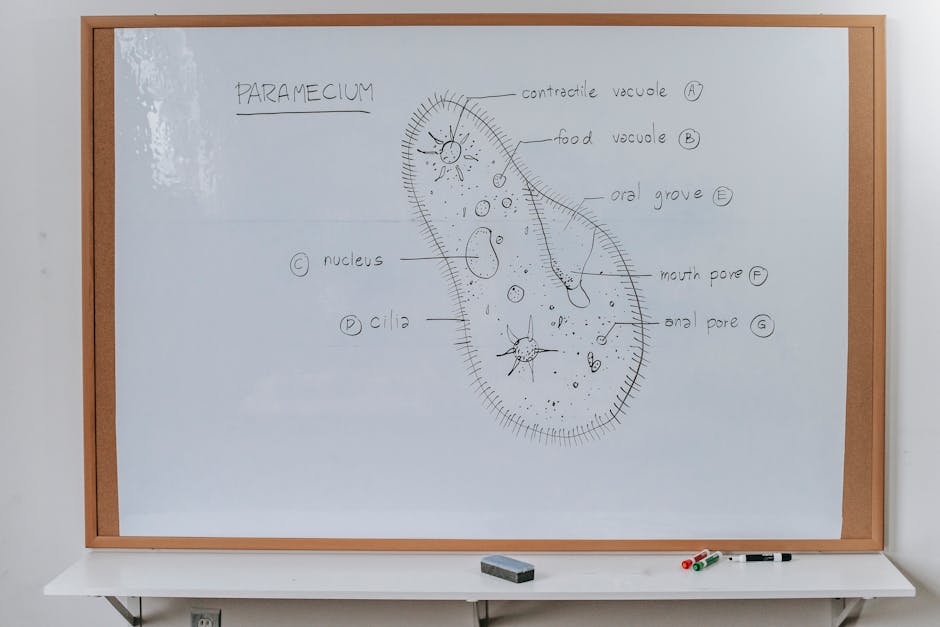Our Blog
Understanding Cyst Inflammation: What Everyone Should Know
July 27, 2024
Delving into the intricacies of cyst inflammation sheds light on a common yet often misunderstood condition that affects many individuals. As cysts develop in various parts of the body, inflammation can occur, leading to discomfort and potential complications. Exploring the causes, symptoms, diagnosis, and treatment options for cyst inflammation is essential to fostering a better understanding and promoting proactive healthcare practices.
Exploring the Causes of Cyst Inflammation
Cyst inflammation can be triggered by various factors, including infections, blockages of ducts or glands, and underlying medical conditions. In some cases, trauma or injury to a specific area of the body may result in cyst formation and subsequent inflammation. Understanding the root causes of cyst inflammation is crucial in devising targeted treatment plans and preventive measures.
Furthermore, genetic predispositions can play a role in the development of cysts and inflammation. Certain individuals may have a higher likelihood of experiencing cyst-related issues due to inherited factors. By recognizing the genetic influence on cyst formation, healthcare providers can offer personalized care and genetic counseling to enhance patient outcomes.
Moreover, lifestyle choices and environmental factors can impact the occurrence of cyst inflammation. Poor dietary habits, lack of exercise, and exposure to harmful substances can contribute to the development and aggravation of cysts. Addressing these modifiable risk factors through lifestyle modifications and protective measures is vital for preventing cyst inflammation and promoting overall well-being.
In addition to external factors, hormonal imbalances and fluctuations can influence cyst growth and inflammation, particularly in conditions like polycystic ovary syndrome (PCOS). Hormonal changes during puberty, pregnancy, or menopause can alter the body’s cyst-forming processes, leading to increased inflammation and associated symptoms. By understanding the hormonal aspects of cyst development, healthcare providers can tailor treatment approaches to each individual’s needs.
Symptoms and Diagnosis of Cyst Inflammation
Recognizing the symptoms of cyst inflammation is essential for prompt diagnosis and management. Common signs may include localized swelling, redness, tenderness, and pain near the cyst site. Some individuals may also experience warmth or fever in the affected area, indicating an inflammatory response. Consulting a healthcare professional upon noticing these symptoms is crucial for accurate diagnosis and appropriate treatment.
Diagnostic methods for cyst inflammation typically involve physical examinations, imaging studies such as ultrasounds or CT scans, and fluid analysis from the cyst for further evaluation. These diagnostic procedures help healthcare providers assess the size, location, and characteristics of the cyst, determining the presence of inflammation and any associated complications. Through comprehensive diagnostics, clinicians can formulate tailored treatment plans and monitor the cyst’s progression effectively.
Furthermore, differentiating cyst inflammation from other types of cysts or medical conditions is key to providing targeted care. Conditions like abscesses, tumors, or lipomas may present similar symptoms to cyst inflammation, necessitating precise diagnostic criteria. By employing a multidisciplinary approach and considering various differential diagnoses, healthcare teams can ensure accurate identification and management of cyst-related issues.
Treatment Options for Cyst Inflammation
The treatment of cyst inflammation encompasses various modalities aimed at alleviating symptoms, reducing inflammation, and preventing recurrences. Based on the cyst’s size, location, and underlying cause, healthcare providers may recommend conservative measures such as warm compresses, cyst drainage, or corticosteroid injections to manage acute symptoms and promote healing.
In cases where cyst inflammation persists or poses risks to surrounding structures, surgical interventions like cyst excision or marsupialization may be necessary. Surgical procedures aim to remove the cyst completely, addressing the inflammatory process and preventing future complications. Post-operative care and follow-up evaluations are essential for monitoring recovery and ensuring optimal outcomes.
Moreover, lifestyle modifications and preventive strategies play a vital role in managing cyst inflammation long-term. Adopting a healthy diet, regular exercise routine, and stress-reduction techniques can support overall well-being and potentially reduce the likelihood of cyst recurrence. Collaborating with healthcare professionals for ongoing care and monitoring enables individuals to proactively manage their cyst inflammation and optimize their health.
In addition to conventional treatments, emerging therapies such as laser ablation or sclerotherapy have shown promise in treating cyst inflammation non-invasively. These innovative approaches target the cyst’s lining or blood supply, reducing inflammation and promoting cyst shrinkage over time. Embracing advancements in cyst management allows individuals to explore a diverse range of treatment options tailored to their specific needs and preferences.
Empowering Health Through Awareness
Reflecting on the complexities of cyst inflammation reveals the importance of early detection and comprehensive treatment strategies. By remaining vigilant about potential symptoms and seeking timely medical intervention, individuals can effectively manage cyst inflammation and improve their quality of life. Embracing knowledge and awareness about this condition empowers individuals to make informed decisions and prioritize their health and well-being.
